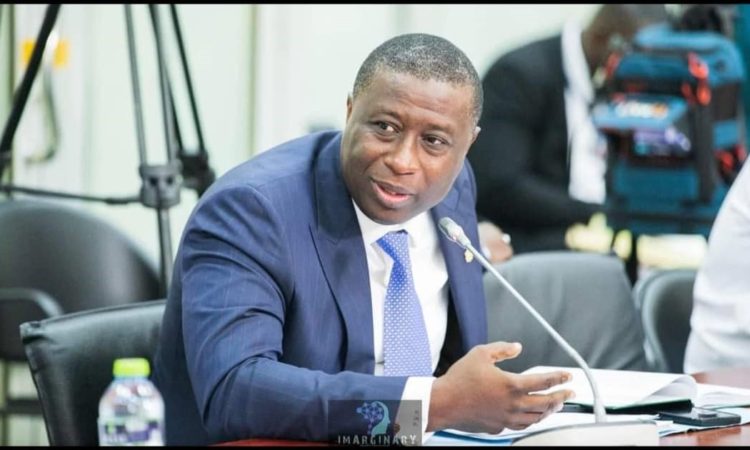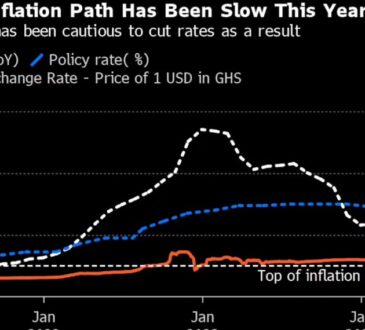
By Eugene Davis
The Vice Chairman of the Finance Committee of Parliament, Patrick Yaw Boamah has called for a bi-partisan approach towards the passage of the outstanding revenue bills in parliament
Three remaining bills; Growth and Sustainability Bill,2022, Excise Duty Amendment Bill,2022, Income Tax Amendment (2) Bill,2022 are yet to be approved by Ghana’s lawmakers, prompting the President to appeal to the legislature to prioritise it approval when he delivered the State of the Nation Address last week.
The approval of the bills, is expected to bring it one step closer to securing a $3 billion IMF bailout, to restore macro-economic stability, ensure debt sustainability as well as provide critical social protection for the benefit of Ghanaians.
Speaking exclusively to Business22, Mr. Boamah, who is also the Member of Parliament for Okaikwei Central, said “I am asking for bi-partisan approach towards the passage of these bills and revenue measures as provided for in the economic policy of government; we have all come to an understanding that we need an IMF programme, whether you are in Party A or B, so that bipartisan approach ought to be reiterated.”
Further he stated that the revenue measures that ought to have been approved or passed with the appropriation and financial and economic policy for 2022, but for some reason, [as the finance committee we looked into it, prepared our reports, but we were unable to take them through the bill making processes as provided for under the constitution and our standing orders.]
He explained that “for example one of the bills sought to raise a whooping GH¢ 2.2bn, the Growth and Sustainability Bill [annually] which was a bill aimed at raising close to GH ¢ 2.2bn as a revenue measure, the second one is the Excise Duty Amendment bill,2022 and the fiscal impact of the bill was to raise monies as a result of taxation on tobacco and other harmful items.
The excise duty bill was going to raise over GH¢455m to support the 2023 budget, and the fiscal impact for the income tax was close to GH¢1.3bn, so you recall that the president was asking for consensus building in the passage of these bills and my view is that we spent a lot of time on some activities on the floor than to the non-passage of this very important bills, that is why the president reiterated in his call during the SONA.”
The passage of these Bills will enable Government to complete four (4) of five (5) agreed Prior Actions in the Staff Level Agreement since Tariff adjustment by the PURC, Publication of the Auditor-General’s Report on COVID-19 Spending, and Onboarding of GETFUND, DACF and Road Fund on the GIFMIS have all been completed.”
Ghana is battling its way out of a generational economic crisis by hiking interest rates at record speeds, cutting spending, and restructuring its debt as a condition to obtain support approval from the IMF’s Executive Board.







